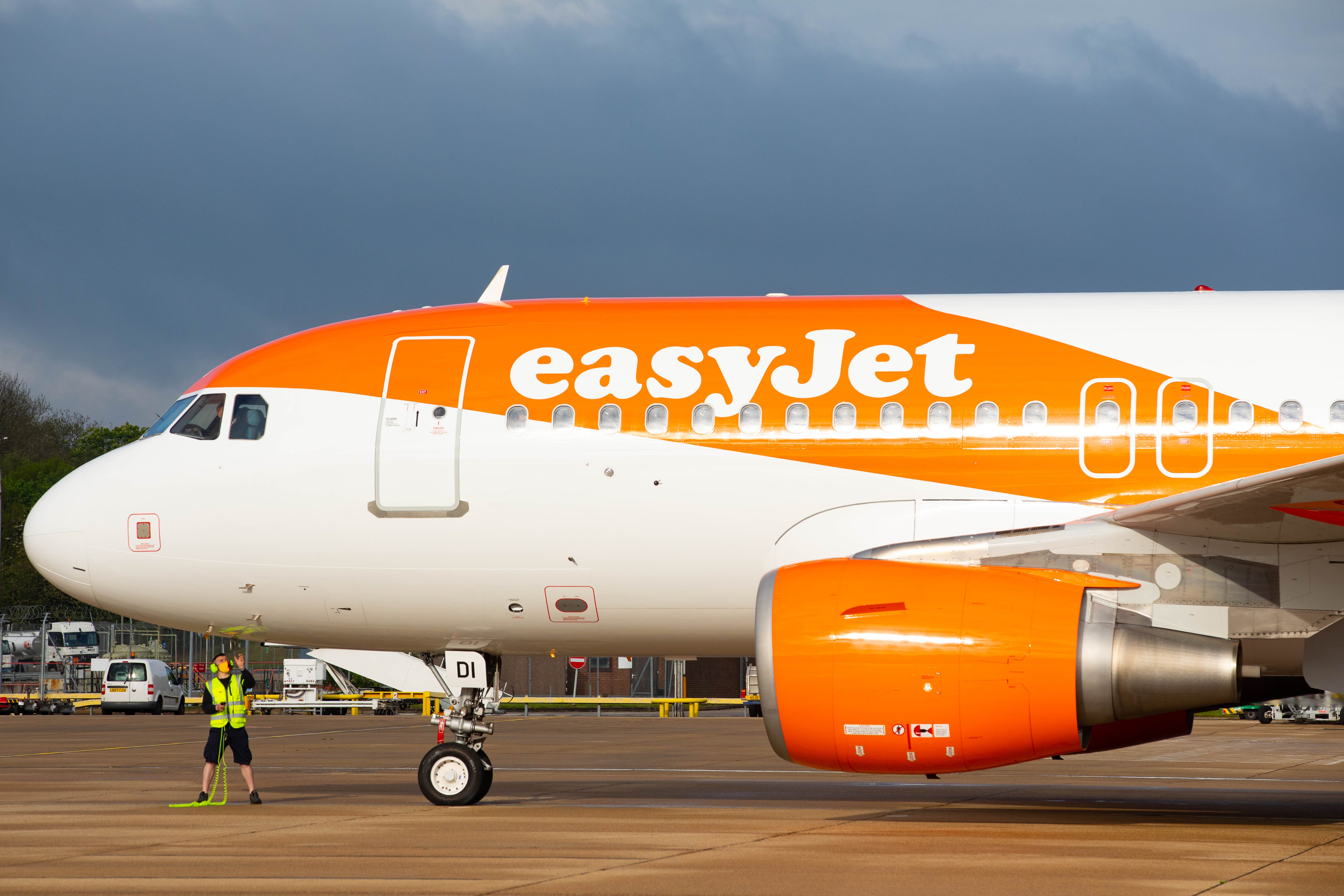EasyJet boss calls for independent review into air traffic control failure
Chief executive Johan Lundgren said the incident ‘must not happen again’.

Your support helps us to tell the story
From reproductive rights to climate change to Big Tech, The Independent is on the ground when the story is developing. Whether it's investigating the financials of Elon Musk's pro-Trump PAC or producing our latest documentary, 'The A Word', which shines a light on the American women fighting for reproductive rights, we know how important it is to parse out the facts from the messaging.
At such a critical moment in US history, we need reporters on the ground. Your donation allows us to keep sending journalists to speak to both sides of the story.
The Independent is trusted by Americans across the entire political spectrum. And unlike many other quality news outlets, we choose not to lock Americans out of our reporting and analysis with paywalls. We believe quality journalism should be available to everyone, paid for by those who can afford it.
Your support makes all the difference.The boss of easyJet has demanded a that “full independent review” is launched into the air traffic control (ATC) failure.
Chief executive Johan Lundgren said the incident, which wrecked the travel plans of around a quarter of a million people this week, “must not happen again”.
Flights to and from UK airports were restricted for several hours on Monday afternoon as National Air Traffic Services (Nats) was unable to process flight plans automatically.
The company said an “unusual piece of data” it received forced it to switch to manual checks.
More than a quarter of flights were cancelled on Monday, and the knock-on effect continued for two more days.
Thousands of holidaymakers are still stranded overseas as many flights from popular destinations are full.
Mr Lundgren said: “We have been absolutely focused this week on helping our customers impacted by the ATC failure return home.
“An incident of this scale should not have happened and must not happen again in the future.
“Passengers deserve to see a full independent review, which not only results in meaningful improvements to prevent an incident of this scale happening again but also considers a wide range of issues beyond this incident, including staffing levels required at Nats (National Air Traffic Services) to deliver today’s flying and what modernisation is needed to deliver the flying of tomorrow.”
Nats is conducting its own inquiry into what happened, and will send a preliminary report to Transport Secretary Mark Harper on Monday.
An independent investigation was carried out into the failure of Nats’ systems in December 2014 which also caused widespread flight chaos.
This week’s disruption came at one of the worst times of the year as there is little spare capacity due to it being the end of the summer break for many schools.
Analysis of airline websites by the PA news agency showed most flights to the UK from popular destinations such as Majorca, Crete, Sicily and Antalya are sold out until the weekend.
Flights with spare seats are priced at more than £400 to deter new customers from booking them.
EasyJet said it is trying to fly people back as quickly as possible.
It said in a statement: “As more seats become available we are contacting customers who we know are yet to return home to try and get them on earlier flights.
“Seats on these flights will be offered on a first come, first served basis so we encourage those who wish to travel earlier to call us as soon as possible on +44 (0)330 5515147.”
British Airways said it will continue to reduce the size of its business class cabins on popular short-haul routes to maximise capacity.
This involves selling the middle place in rows of three seats, which are usually kept empty in that part of BA aircraft.